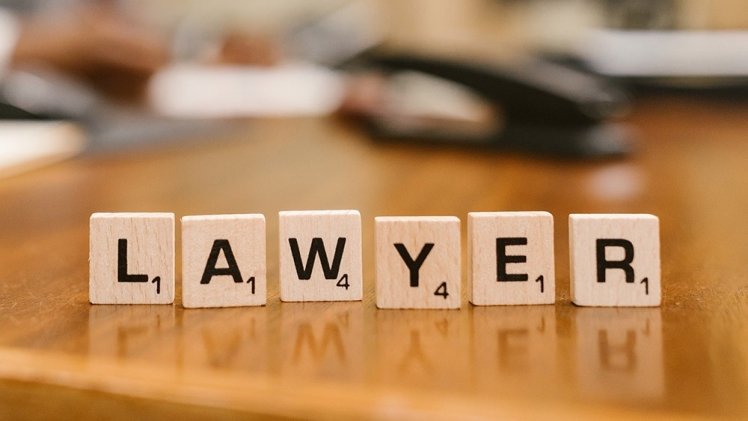The Legal Profession: An Architecture of Roles and Responsibilities
The legal profession serves as the intricate architecture supporting the rule of law, a complex system of roles and profound responsibilities designed to administer justice and maintain societal order. It is a field populated by diverse professionals, from the courtroom advocate to the behind-the-scenes researcher, each indispensable to the fair and efficient operation of the legal system. Beyond mere occupation, the profession is a public trust, demanding unwavering ethical conduct and a deep commitment to principles that transcend individual cases. Understanding the distinct functions and the binding ethical framework that governs these roles reveals a profession built on a foundation of advocacy, impartiality, and integrity.
The role of the lawyer, or attorney, is fundamentally one of dual advocacy: for the client and for the integrity of the legal system itself. [1][2] This responsibility extends far beyond the popular image of dramatic courtroom orations. Lawyers act as expert technicians, wise counselors, and community leaders. [3][4] As technicians, they navigate the labyrinthine corridors of statutes, regulations, and case law, drafting precise legal documents and constructing arguments grounded in rigorous research. [1] As counselors, they provide clients with a clear-eyed assessment of their legal position, explaining options, risks, and potential outcomes to empower informed decision-making. [1] A corporate lawyer advising a board on merger compliance, for instance, must not only interpret complex securities law but also counsel on the long-term strategic and ethical implications of the transaction. Similarly, a criminal defense attorney’s duty is not just to argue for acquittal but to ensure the client’s constitutional rights—such as due process and protection from unlawful searches—are vigorously defended at every stage, thereby upholding the law for all citizens. [5] This requires a delicate balance: zealously pursuing a client’s legitimate interests while simultaneously operating within the strict bounds of the law and demonstrating respect for the justice system. [6]
At the apex of legal proceedings stands the judiciary, the branch of government entrusted with administering justice impartially and according to law. [7][8] Judges are the arbiters of disputes, applying legal principles to the specific facts of a case to reach a resolution. [9] Their role is not to create law in the manner of a legislature, but to interpret and apply it, ensuring that governmental power is exercised within constitutional limits. [5][9] This power of judicial review allows courts to scrutinize and, if necessary, invalidate actions by the legislative and executive branches that are found to be unconstitutional, serving as a vital check on power. [5] The responsibility is immense; a single judicial decision can have far-reaching consequences, as seen in landmark cases that have redefined civil rights or established new legal precedents. To preserve public trust, judges must embody independence and impartiality, remaining free from the influence of powerful interests or political pressure. [7][8] They are bound by strict codes of judicial conduct that govern their professional and personal lives, ensuring they avoid even the appearance of impropriety that could undermine their authority and the public’s faith in the judicial system. [10]
The effective functioning of the legal system relies heavily on a cadre of skilled professionals who provide essential support to lawyers and the courts. Paralegals and legal assistants, while distinct in the typical scope of their duties, are integral members of the legal team. [11] Paralegals are often tasked with substantive legal work under the supervision of an attorney; they conduct legal research, draft initial versions of documents like contracts and pleadings, and manage complex case files from inception to trial. [12][13] For example, in a large-scale litigation case, a team of paralegals might be responsible for organizing and analyzing thousands of documents produced during discovery, a critical task that enables lawyers to build their case strategy. Legal assistants, or legal secretaries, tend to focus more on the administrative backbone of a practice, managing calendars, facilitating client communication, and ensuring the precise filing and handling of court documents. [11][14] The distinction can blur, especially in smaller firms, but their collective work ensures that legal services are delivered efficiently and that lawyers can focus on strategic decision-making and client advocacy. [15] These roles demand a sophisticated understanding of legal procedures and terminology, and their contributions are indispensable to the machinery of justice. [13][14]
Underpinning the entire legal profession is a stringent framework of ethical and regulatory oversight designed to protect the public and ensure the integrity of the justice system. [16] Central to this framework are the duties of confidentiality and the attorney-client privilege. [17][18] While often used interchangeably, they are distinct. The ethical duty of confidentiality, as outlined in rules like the ABA’s Model Rule 1.6, is exceptionally broad, protecting all information relating to the representation of a client, regardless of the source. [17][19] The attorney-client privilege is a narrower, evidentiary rule that prevents a lawyer from being compelled to testify in court about confidential communications made with a client for the purpose of seeking legal advice. [17][19] This protection is absolute in a court setting but applies only to direct communications, not to underlying facts. [17] Adherence to these and other ethical mandates—such as competence, diligence, and avoiding conflicts of interest—is enforced by state bar associations, which are typically vested with the authority to investigate misconduct and impose discipline. [20][21] Disciplinary actions can range from private reprimands to public censure, suspension, or, in the most serious cases of misconduct like repeated theft of client funds or criminal convictions, disbarment. [22][23] This self-governing nature of the profession carries a profound responsibility to maintain standards that merit public confidence and preserve its independence. [6]



